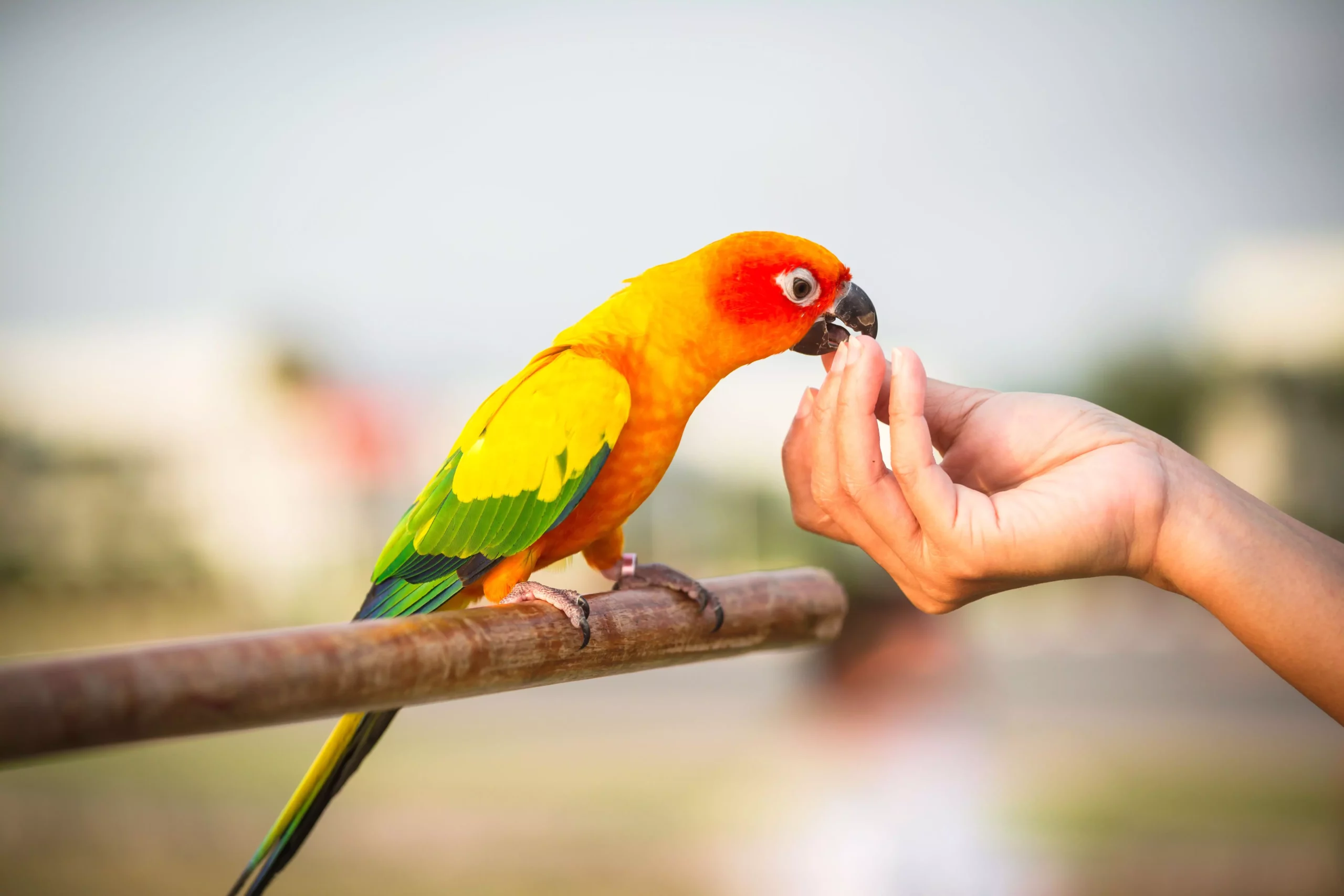The idea of keeping wild birds as pets often arouses curiosity and a sense of adventure among animal enthusiasts. However, this notion is fraught with ethical dilemmas and legal implications that anyone interested in avian companionship should thoroughly understand. Wild birds, with their innate beauty and mesmerizing songs, may represent freedom and wildness, but taking them from their natural habitat can lead to adverse outcomes for both the bird and the well-being of ecosystems. This article seeks to explore the myriad reasons why keeping wild birds as pets is ill-advised, examining legal restrictions and ethical considerations that underpin this controversy.
In the United States, the legality of possessing wild birds is governed by strict regulations aimed at protecting native wildlife. Many species, particularly songbirds, are safeguarded under the Migratory Bird Treaty Act, making it illegal to keep them as pets. This law also extends to possessing feathers, eggs, or nests, placing individuals who attempt to capture or keep these birds at risk of felony charges. Engaging in the practice of keeping a wild bird could result in hefty fines or even imprisonment, emphasizing the importance of complying with these regulations.
Moreover, these laws are not arbitrary; they exist to protect biodiversity and ensure the survival of myriad species that may be vulnerable or endangered. Wild birds play crucial roles in ecosystems through pollination and pest control, and removing them from their habitats disrupts these natural processes. Therefore, while the appeal of owning a wild bird may be enticing, it is pivotal to weigh the legal risks against the potential benefits.
In addition to the legal ramifications, there are significant ethical concerns associated with keeping wild birds as pets. The act of capturing a bird and confining it to a cage fundamentally contradicts the principles of humane treatment. Birds are social creatures inherently designed to live in the wild, and taking away their freedom not only impacts their physical health but also their psychological well-being. Most domesticated bird species, like parrots, are bred in captivity to ensure they thrive in human environments, contrasting sharply with wild birds that have not undergone this process.
The challenges don’t just stop at legalities and ethics; finding proper veterinary care for a wild bird that falls ill is virtually impossible, as most avian veterinarians specialize in domesticated species. If a wild bird were to suffer from an injury or illness, the chances of finding a qualified professional who is willing to treat it diminish notably. The complexities involved in owning a wild bird further highlight the shortcomings of such ownership.
If one finds a wild baby bird that appears orphaned, the most reasonable and responsible course of action is to leave it undisturbed and contact a local wildlife agency. These organizations have the expertise to evaluate the situation and provide appropriate assistance. By opting to connect with professionals rather than intervening directly, individuals can ensure that the bird receives the care it needs while remaining within its natural environment.
For individuals who are genuinely passionate about avian care but are unwilling to violate ethical or legal boundaries, alternatives such as birdwatching or volunteering with local bird rescue organizations can provide fulfilling experiences. These avenues allow individuals to appreciate and support wild birds in a manner that is beneficial to both the birds and their habitats.
The allure of keeping wild birds as pets often overshadows the complex realities entwined with such actions. Between strict legal prohibitions and the ethical implications of depriving these magnificent creatures of their natural freedom, the reasons to refrain from attempting to tame wild birds are compelling. What is needed is a broader understanding of how to appreciate wildlife without resorting to possession. By channeling our fascination into responsible support and appreciation of wild birds, we take a significant step toward preserving their beauty and integrity for generations to come.

